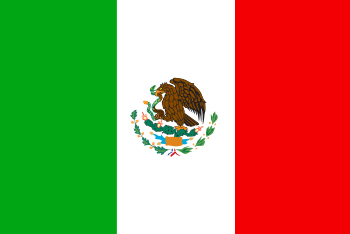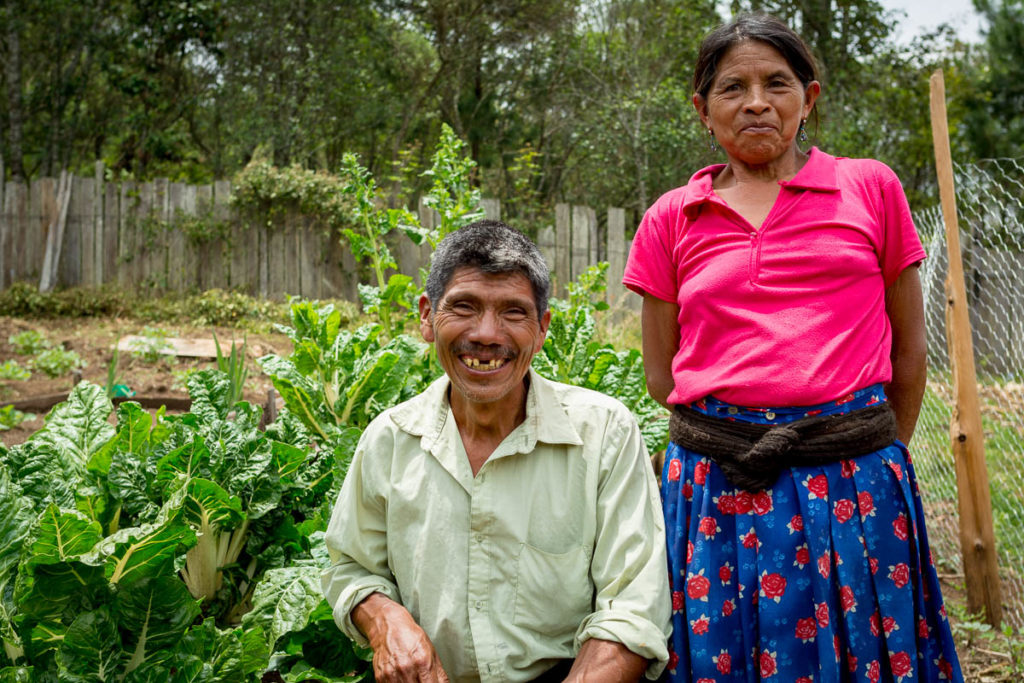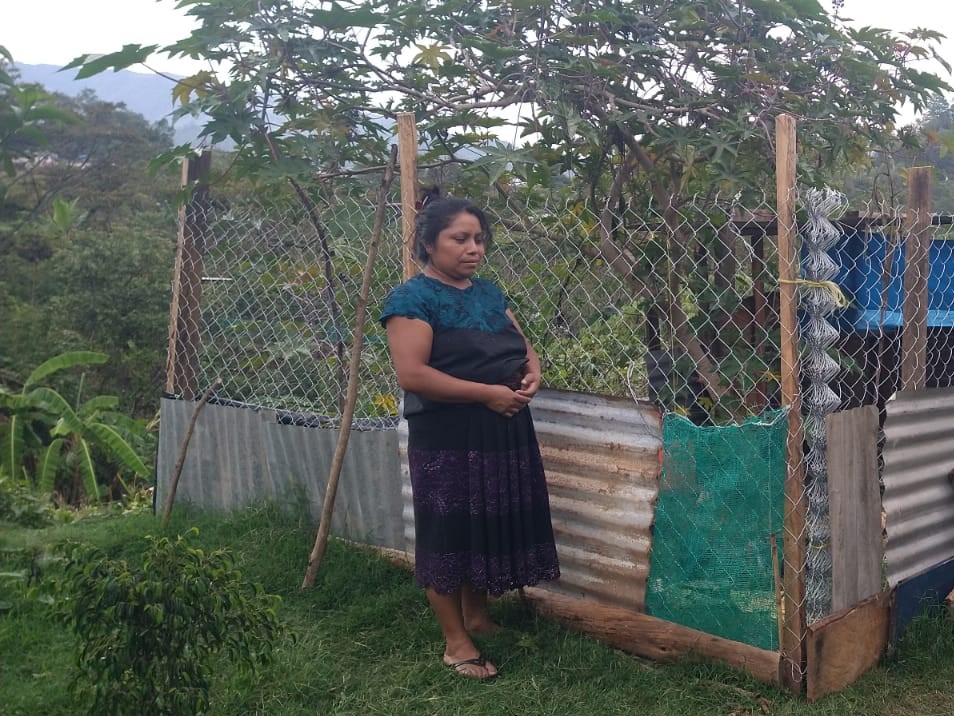 Mexico Chiapas Ocosingo
Mexico Chiapas Ocosingo
$629 needed of $30,000

Implementing Organization
Mennonite Central Committee (MCC)
Program Summary
The Mexican state of Chiapas has abundant natural wealth, but as a result of social and political factors, most rural families face extreme poverty. There are few opportunities for employment and farming is challenging. Most families do not have access to irrigation or training on agricultural techniques that are well suited to this drought prone region. This program is a continuation of the ongoing work of local partner, IESII, to strengthen farming techniques that promote sustainable food sovereignty practices in indigenous communities in the Central and High regions of Chiapas. The goals of the program include increasing and diversifying organic food production for family consumption, expansion of water management and access options, and improving soil health. The program focuses on practical workshops and intercommunity exchanges about rainwater harvesting systems, sanitation, homemade water filters, community agreements for management of water, planting vegetables, homemade composts and bio-insecticides, planting fruit trees, agroforestry systems, and poultry management.
Mexico Chiapas Ocosingo Program Update
Success Stories

Making the Switch to Organic
One of the reasons Doña Victoria joined the program is that she wanted to stop growing food with chemical fertilizers but didn’t know how to make the switch to organic gardening. She came to the right place!
The goal of local partner Institute of Intercultural Studies and Research (IESII) is to strengthen sustainable organic agricultural techniques among indigenous families and to promote food sovereignty. That is, the right of indigenous people to produce healthy and culturally appropriate food through ecologically sound and sustainable methods, and to define their own food and agriculture systems.
IESII offers workshops and training in ways to grow food and control pests and diseases in crops and poultry using organic techniques. Participants learn about the negative impacts of the excessive use of agrochemicals on the environment and human health; the benefits of integrating trees into their fields and gardens; using forest resources sustainably; and caring for water resources.
Doña Victoria says she is happy because what she is learning is safer for her family’s health. She’s planting and harvesting different kinds of vegetables and says her family enjoys the improved flavor as well as the variety in their daily meals. Planting fruit trees is new to her, and she appreciates the fact that her children’s diet is more well-rounded and that she can save money growing rather than buying fruits and vegetables.
Having technical assistance from IESII is a big incentive, as well as the fact that she has the support and encouragement of her husband to make these changes. He’s even putting into practice everything they’ve learned together about vegetable gardening and farming in this way. In fact, her entire family is willing to help her with the work.
Doña Victoria is enthusiastic about encouraging neighbors to dedicate some of their land to gardening and farming organically, saying it’s a better way to take care of the health of family members. And she loves the fact that the program is completely ecumenical. It doesn’t matter what church you might belong to or if you follow indigenous Mayan rites: participants work together toward the common goal of healthier living and growing their own food sustainably.
Mexico Chiapas Ocosingo Program
Led by Mennonite Central Committee and Local Partner Institute of Intercultural Studies and Research (IESII)
